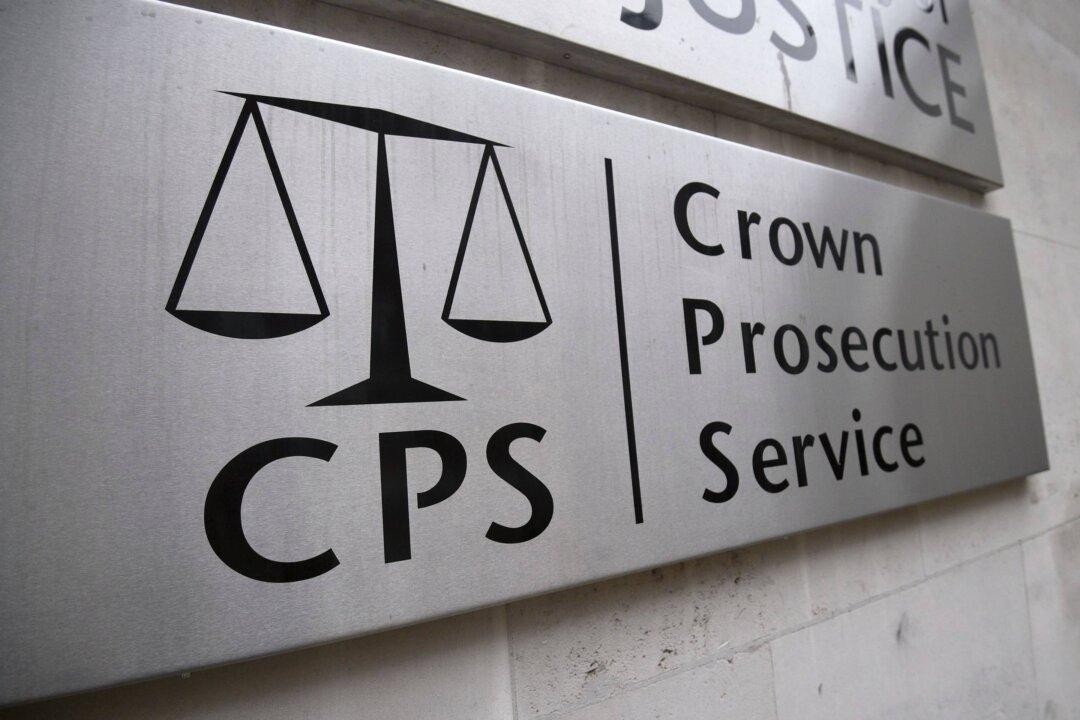Suspects of so-called mercy killings or failed suicide pacts may escape murder or manslaughter charges under new official guidance published on Thursday.
The Crown Prosecution Service (CPS) updated its homicide guidance, advising prosecutors not to pursue charges under certain circumstances such as when a victim had recently begged to be killed.





